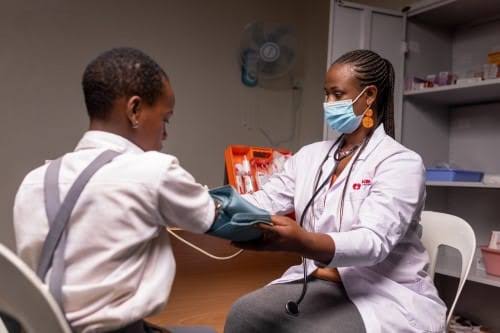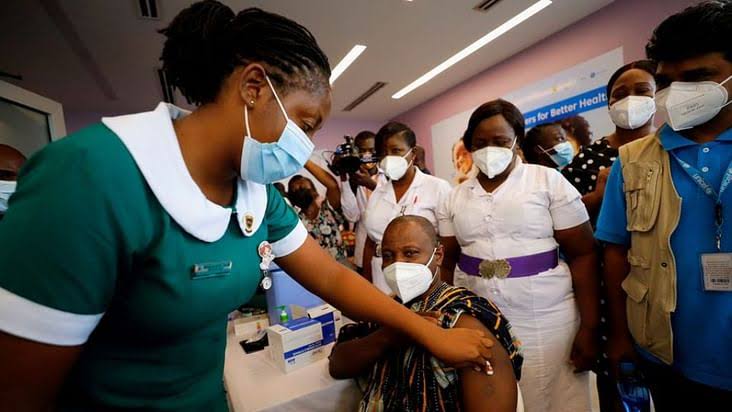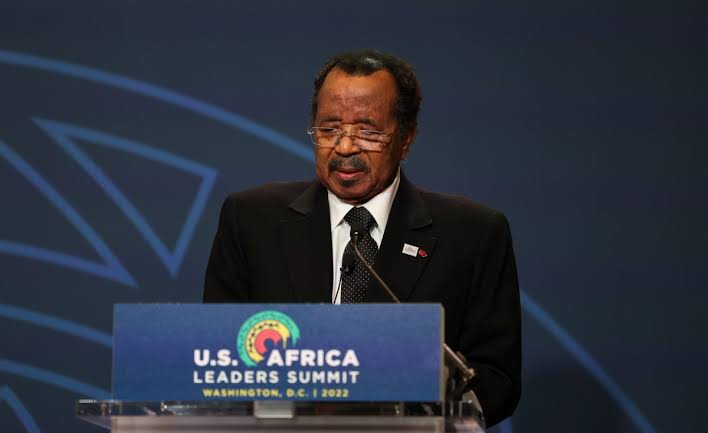
Faith Nyasuguta
The recruitment of nurses from poorer nations by wealthier countries like the UK has sparked accusations of a “new form of colonialism,” exacerbating staffing shortages and undermining healthcare systems in developing countries.
The International Council of Nurses highlighted the issue at a recent meeting in Rwanda, where African nurse leaders expressed anger over the exploitation of their workforce.
According to Howard Catton, the chief executive of the International Council of Nurses, this practice creates a dependency that hinders the development of health systems in source countries, leading to a “new form of colonialism.”
He said: “The African nurse leaders said they were angry that high-income countries were using their economic power to take the nursing workforce they needed from poorer, more fragile countries.”
Despite World Health Organization rules intended to prevent staff poaching from vulnerable health systems, recruitment from countries on the WHO “red list” often occurs without formal agreements, offering only a “veneer of ethical responsibility.”
Dr. Baboucarr Cham, president of the National Association of Gambia Nurses and Midwives, emphasized the detrimental impact of this phenomenon on healthcare in the Gambia, where experienced nurses are leaving for better opportunities abroad. The resulting staff shortages have severe consequences, including compromised patient care and even loss of life.
“Our main teaching hospital has around 300 registered nurse positions. Last year 53 left,” Cham said.
Cham noted that the head of its midwifery unit told him she had lost 16 midwives, with staff shortages so severe that she had to leave her oversight role and return to the ward to deliver babies.
Recruiters target experienced nurses, Cham said, requiring at least two years of postgraduate experience in a large hospital.
The remaining staff “are caring for more people and then obviously you will get tired, you will get fatigued, and then patients will not receive quality care”.
Cham called for a more equitable approach to international recruitment, urging recruiting countries to invest in training and development in source countries. He highlighted the importance of reciprocity, suggesting that for every nurse recruited, two should be trained locally.
Remittances sent back by nurses overseas contribute significantly to the Gambia’s development, but the country’s health system remains vulnerable due to insufficient manpower and an inability to retain experienced staff.
“But at the end of the day our health systems are vulnerable, they are weak, and not resilient, because we do not have enough manpower, and cannot retain the experienced ones,” Cham said.
The Covid-19 pandemic exacerbated international healthcare recruitment, with domestic workforce burnout and post-pandemic backlogs driving increased demand for healthcare staff. Developed countries, including the UK, Germany, Canada, Australia, and the US, have launched overseas recruitment campaigns to address staffing shortages.
The Conservative government, in its 2019 election manifesto,
vowed to boost nurse numbers in England by 50,000 by 2024 – a target met only because of overseas recruitment.
Germany faces a shortfall of 150,000 nurses by 2025 and has launched overseas recruitment campaigns in several countries. Canada, Australia and the US also have hiring programmes, often carried out by regional authorities.

While recruiting countries point to nursing unemployment rates in source countries, critics argue that these rates are largely due to systemic issues within the health systems, rather than a lack of need.
In the UK, there are 9.2 nurses per 1,000 people, according to figures collated by the World Bank. For Germany it is 12.3.
In the Gambia, there are 0.9 nurses per 1,000 people.
Despite the right of individuals to seek better opportunities abroad, concerns have been raised about the rising costs associated with the paperwork required for nurses to prove their qualifications to overseas regulators.
In Ghana, for example, fees for this process have increased significantly, potentially discouraging nurses from migrating.
Perpetual Ofori-Ampofo, president of the Ghana Registered Nurses and Midwives Association, emphasized the importance of addressing the root causes of nurse migration, such as inadequate working conditions and low salaries, to retain healthcare professionals within the country.
Overall, the recruitment of nurses from developing countries by wealthier nations has far-reaching implications for global healthcare systems, stressing the need for a more ethical and sustainable approach to international recruitment that prioritizes mutual benefit and supports the long-term development of healthcare infrastructure in source countries.
RELATED:




